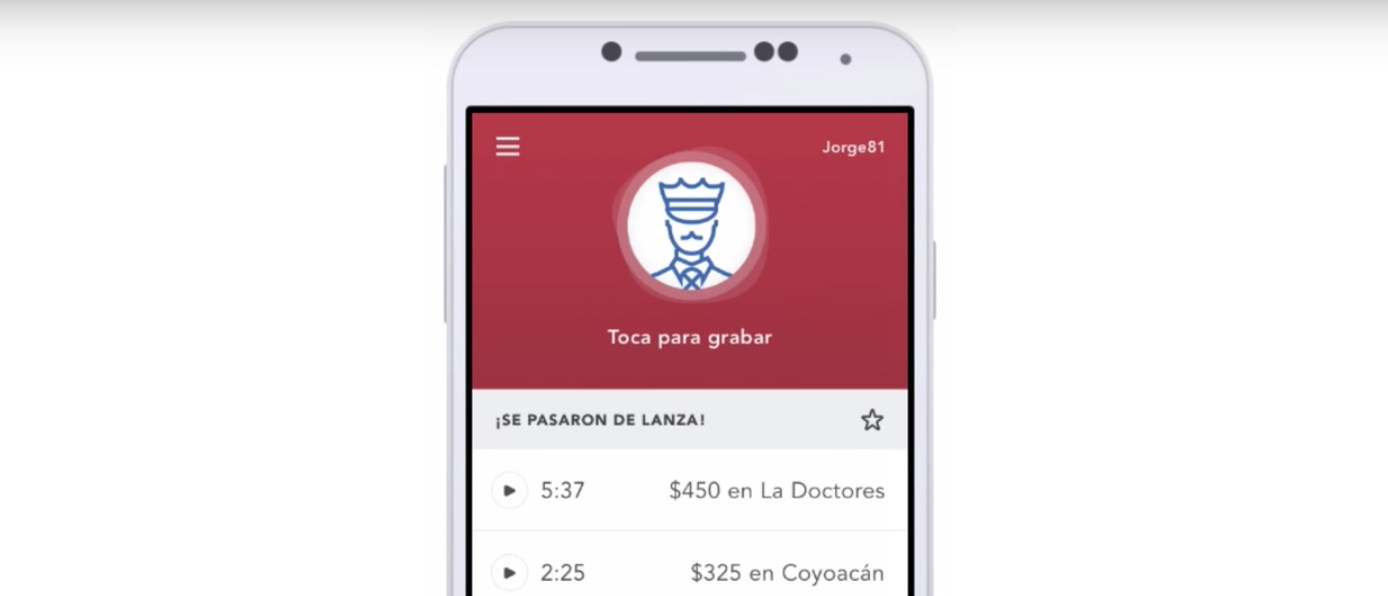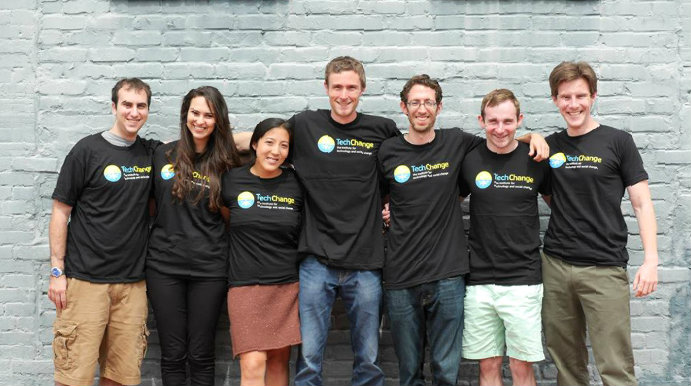Cross-posted from The Amani Institute Blog
The first thing Anya Kamenetz said when she took the stage at a talk at the Center for American Progress to promote her new book was: “The book is up online so feel free to surf to it on your phones and check it out”.
When was the last time you had a professor or other speaker actually encourage you to browse on the internet, on your cellphone, while he/she was talking?
That opening statement, in a simple gesture, said as much about the new direction in higher education (Anya’s book is called The Edupunk’s Guide) as anything else that was said in the subsequent hour-and-a-half. But that’s not to say the panel discussion that followed Anya’s brief talk wasn’t engaging.
The group focused on a core question: in a vast world of learning possibilities, how can you thread the needle of validating one’s learning without necessarily a formal credential? So, for instance, if you are an expert at using Twitter for marketing, shouldn’t you have a formal credential for that, as it might be a better way to find a job than, say, majoring in a traditional academic subject? Or how about the skill of backpacking through Central Asia on $1 a day?
Peter Smith, of Kaplan Higher Education and one of the panelists, one summed it up: “We are all DIY learners. But the research shows that when we can put a credential on learning through formal assessment, the motivation to study and retention of learning goes up. We need to broaden that to non-traditional learning.”
Why is all this important?
For two reasons. First, as Phil Auerswald pointed out, universities tend to provide three things: learning, access to networks, and a credential. We now have multiple online and field-based opportunities for valuable learning, and social media gives us access to networks on a global scale. That leaves the credential. But students don’t actuallyconsume their credential – they just re-sell them to someone else (i.e. their employer). As employers increasingly stop relying on academic credentials or create their own approved training programs (as influential corporations likeInfosys or Walmart are doing), the demand for the formal credential will decrease. And that’s when non-formal learning could hit a tipping point.
Secondly, and perhaps even more importantly, we need to recognize non-traditional learning because we don’t know what the future holds. Another panelist, Michael Edson, pointed out that his current job (Director of Web and New Media Strategy at The Smithsonian, the world’s largest museum) did not exist when he was in college. So students are going to have to learn how “to make a job, not take a job”, Kamenetz chimed in.
All of this has massive implications for the universities of today. As edupunk teachers and students increase in volume and influence, and go on to become employers, universities will have to evolve, perhaps even quite dramatically. Auerswald uttered what might seem like a heresy: “If you really want to be innovative, sell your campus”. Yet the other panelists, all major stakeholders in higher education, simply nodded gravely.
“The most successful schools of the future”, he went on, “are going to have 3000 or 3 million students, distributed globally”. More nods.
A change is gonna come.
—–
You can watch the entire discussion on the Center for American Progress website.
We’ll be addressing this issue among others in our new course New Technologies for Educational Practice that begins next February. Apply now to join thought leaders and other professionals in the four-week online certificate course!



